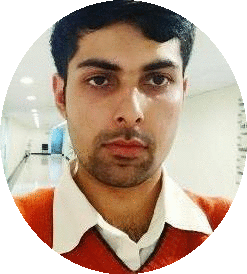|
I am a PhD student at the Computer Vision Department, MBZUAI, working with Dr. Karthik Nandakumar and Dr. Salman Khan. My research focuses on safeguarding visual content in the era of generative AI through privacy-preserving methods, robust concept erasure, and reliable watermarking techniques. I work on defenses against malicious editing and unauthorized personalization, aiming to ensure the safe, ethical, and responsible deployment of generative models. |

|
|